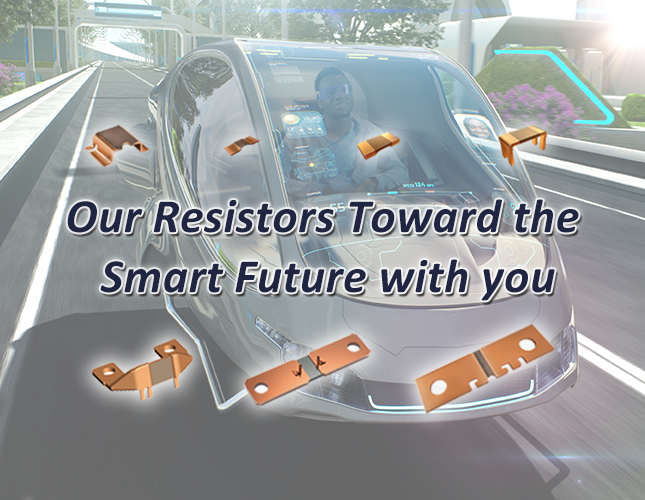The temperature coefficient of thick-film resistors typically exhibits a classic “U” shape. To minimize large variations in resistance, the operating temperature should be controlled to stay within predetermined minimum and maximum levels based on the resistor’s characteristics. Long-term stability as a function of operating voltage can be best maintained by operating the resistor at a maximum of 75% of its rated voltage. Choosing high ohmic values, within size constraints, and positioning the resistors away from other heat sources can positively influence linearity and
stability.

Thick-film technology developed for resistors has more recently come to the fore in new medical instrumentation applications, measuring impedance of test samples rather than current or voltage. One example uses impedance measurements to determine the rate at which cancerous cells are killed during chemotherapy.
A key requirement is material biocompatibility. In this case, using silver/silver-chloride (Ag/AgCl) contacts thick-film printed onto ceramics enables researchers to determine the effectiveness of different chemotherapy treatments on individual patient tumours. The results will help them develop bespoke treatments targeting specific cancers.

Similar technologies, also based on Ag/AgCl contacts atop dimensionally stable ceramic substrates, are being developed for measuring the impedance of tissue to provide faster and more reliable early detection of cancer and pre-cancerous cells. This promises better cervical cancer screening compared with existing methods.
Every year brings new applications like this, which are harnessing electronics to diagnose illness, monitor medical interventions, and keep both patients and healthcare workers safe. Innovations in resistors are providing designers with the solutions they need to meet all the challenges of performance, cost, and availability.











